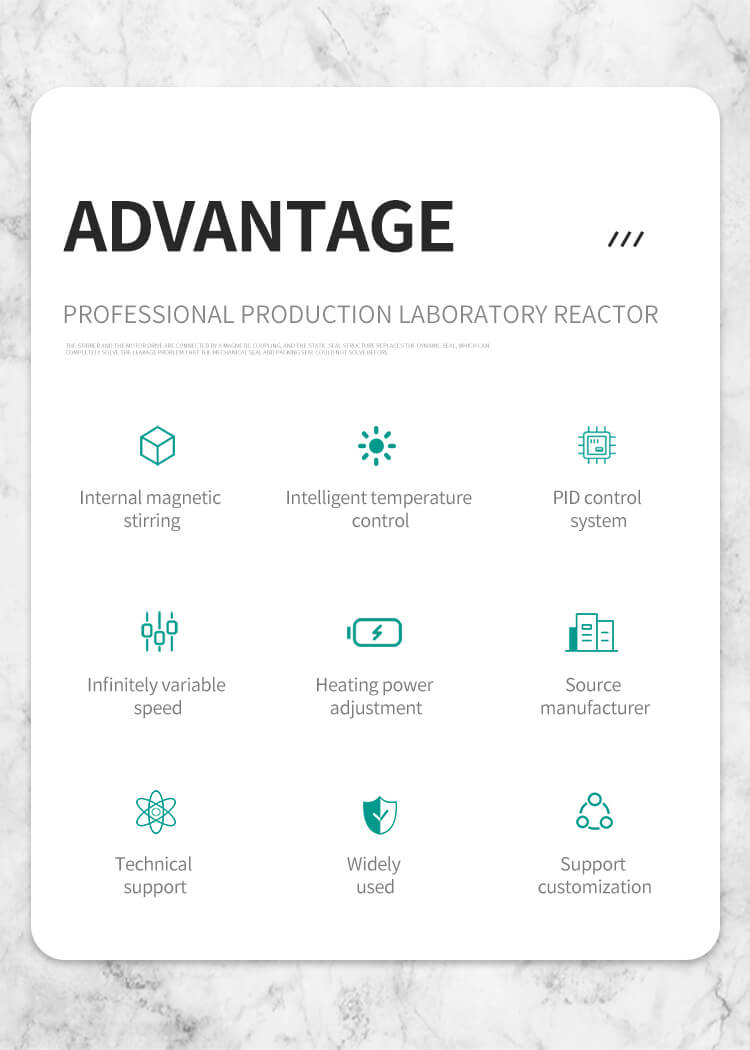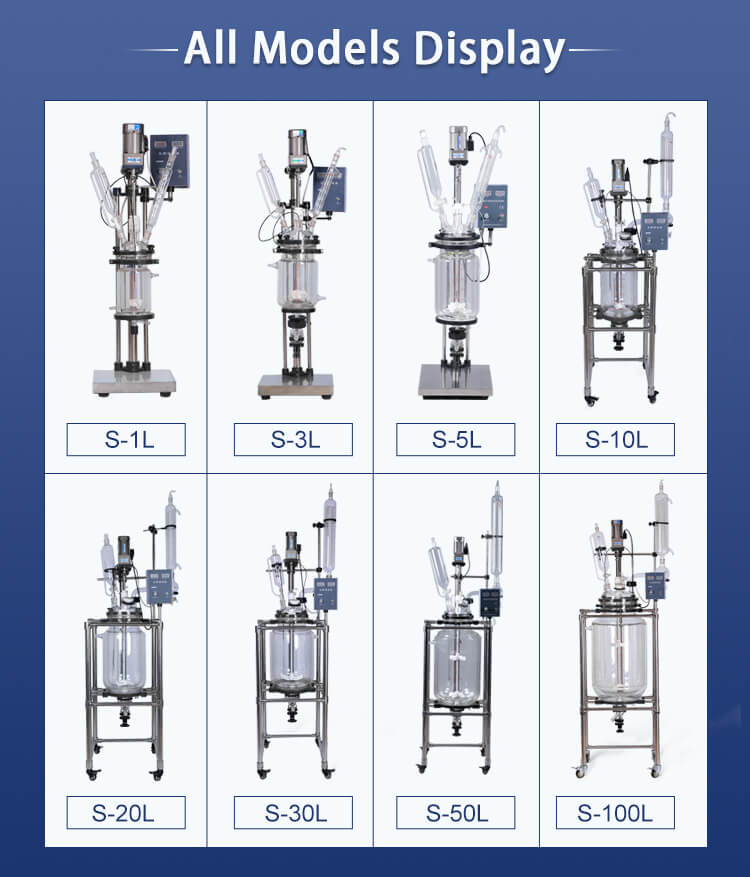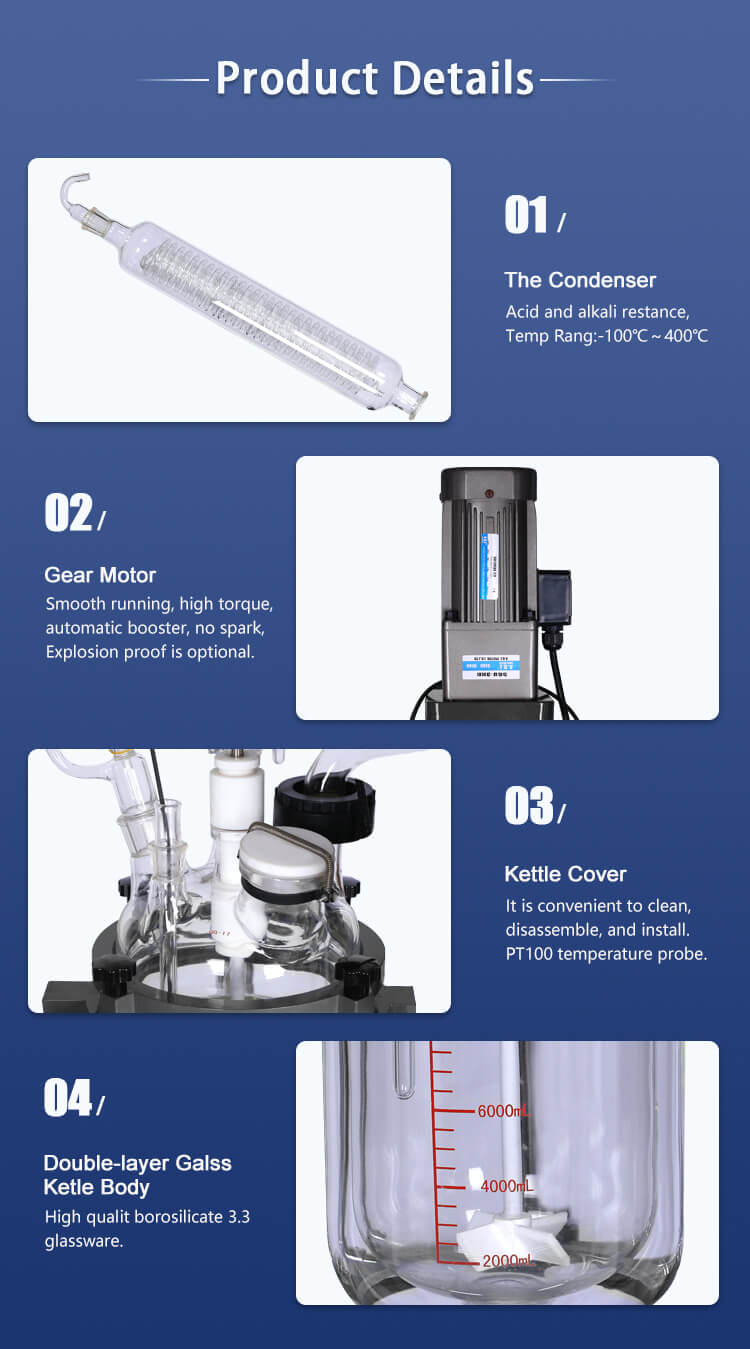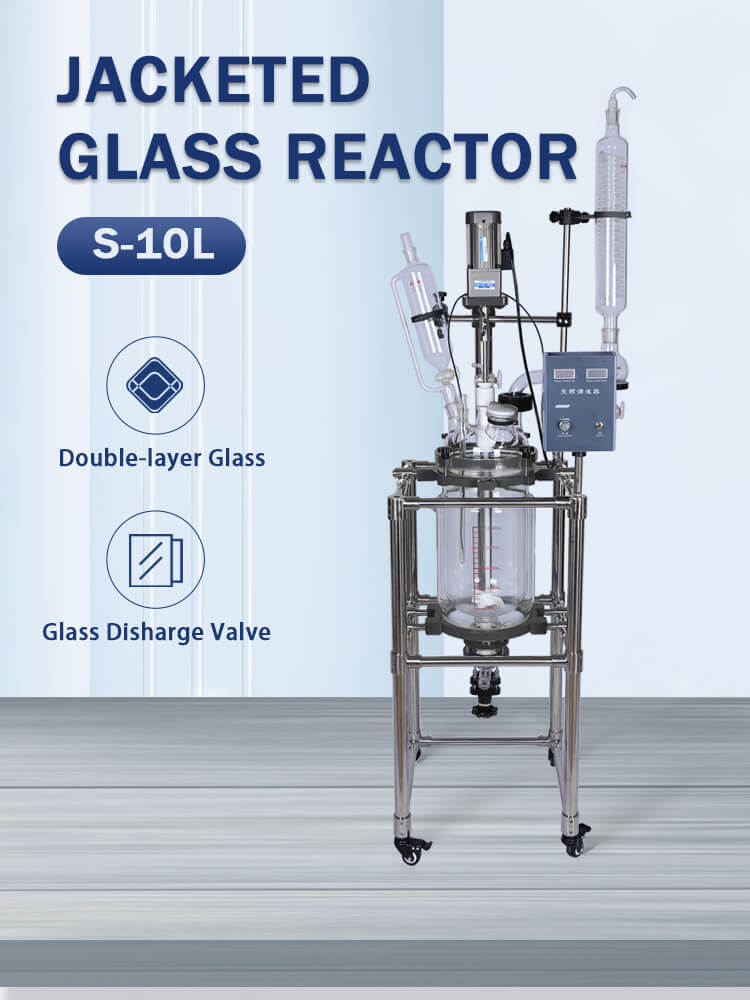The glass reactor is a critical equipment in the realm of chemical engineering and laboratory experimentation. With its versatile design and efficient functionality, it has become an indispensable tool for researchers and scientists involved in various scientific endeavors.

What is a Chemical Glass Reactor?
A chemical glass reactor is a cylindrical vessel made of high-quality borosilicate glass or stainless steel, used for carrying out chemical reactions under controlled conditions. The transparent nature of the glass allows researchers to closely observe the reactions taking place inside the reactor, ensuring precise monitoring and analysis.

Key Features and Benefits
Chemical glass reactors encompass a multitude of features that make them highly desirable for laboratory applications:

- Chemical Resistance: The glass reactor's material of construction provides excellent resistance to corrosive substances, making it suitable for a broad range of chemical reactions.
- High Transparency: The transparency of the glass allows researchers to visualize the ongoing reactions inside the reactor, facilitating real-time observation and analysis.
- Mixing Systems: The glass reactor is equipped with efficient mixing systems, such as impellers or magnetic stirrers, to ensure homogeneity and proper mixing of the reactants.
- Temperature Control: Glass reactors often come with external heating or cooling systems, enabling precise temperature control for reactions that demand specific thermal conditions.
- Pressure Control: Advanced glass reactors are designed to handle varying pressure levels, ensuring safety and accurate results in different reaction setups.
- Easy Sampling: The addition of sampling ports allows researchers to extract small aliquots during the reaction for analysis, without disturbing the overall reaction process.
Applications
Chemical glass reactors find numerous applications across various scientific fields:
- Chemical Engineering: Glass reactors are widely employed for the development and optimization of chemical processes, including synthesis, catalysis, and polymerization reactions.
- Pharmaceutical Research: Glass reactors play a crucial role in drug development, providing a controlled environment for chemical reactions involved in synthesizing active pharmaceutical ingredients (APIs).
- Biotechnology: Glass reactors are utilized in biotechnological research for processes like fermentation, anaerobic digestion, and enzyme reactions.
- Environmental Science: Researchers studying pollution control, waste treatment, and environmental remediation employ glass reactors to investigate various chemical processes and reactions.
In Conclusion
The chemical glass reactor is a versatile and essential tool for scientists and researchers involved in a wide range of laboratory applications. Its structural reliability, chemical resistance, transparency, and control features make it an indispensable asset for conducting precise and accurate chemical reactions under controlled conditions, leading to valuable scientific discoveries and technological advancements.






